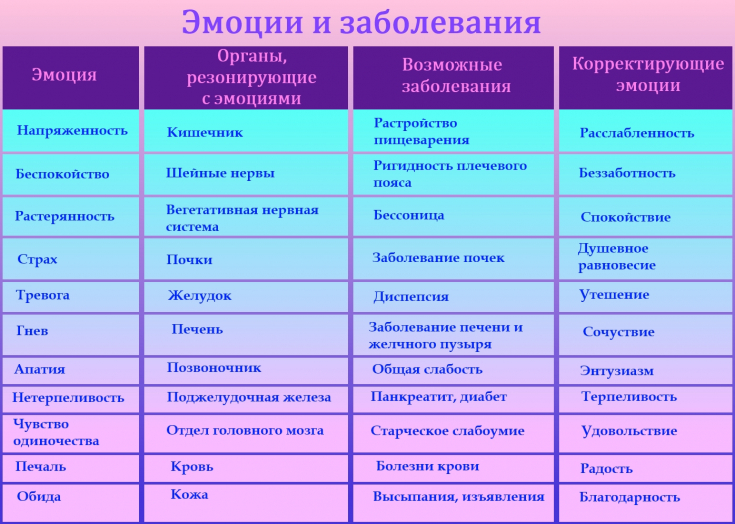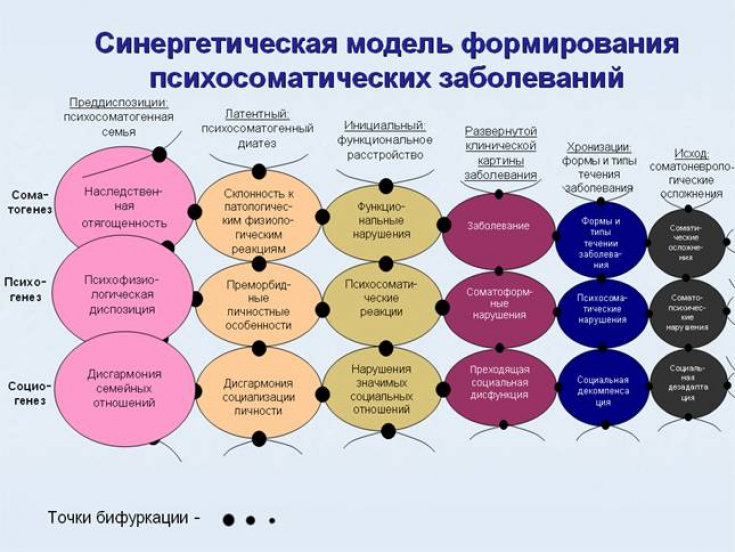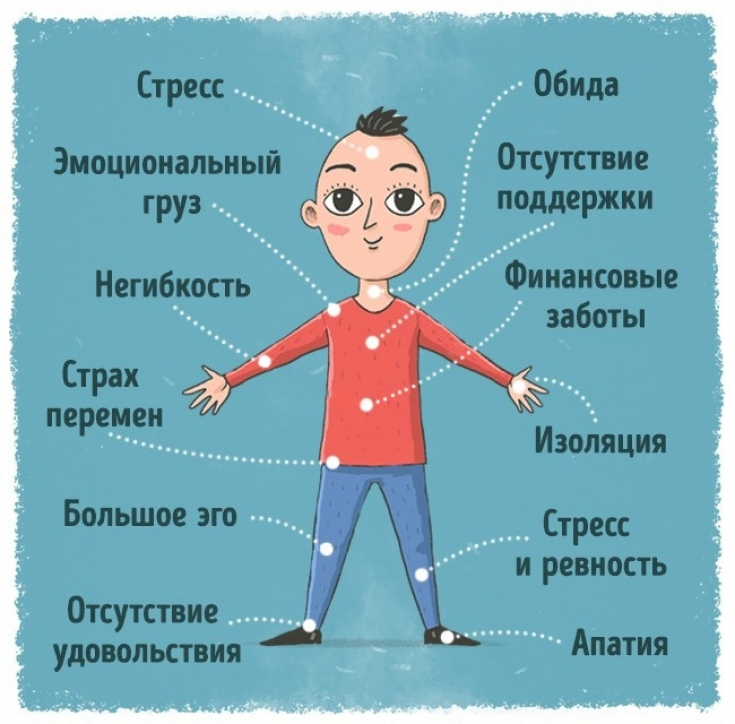Have you ever thought about how your negative emotions and experiences affect your health? In fact, the best minds of mankind have been talking about the connection between the psychological state and the physical for a long time, but people continue to stubbornly ignore their psychological problems, which ultimately provoke the development of various diseases. Even in ancient times, people guessed about the connection between diseases and emotions.
Ancient Greek philosopher Plato, doctors of oriental medicine and authors of Ayurveda were convinced that the body and soul – are inseparable. In 1818, the German psychiatrist Johann Heinroth introduced the term “psychosomatics” – psycho (soul) and soma (body).
According to the research of Johann Heinroth, a negative emotion that constantly reminds of itself and does not leave a person's life eventually transforms into health problems. Khayron's idea enlisted the support of two prominent psychiatrists – Franz Alexander and Sigmund Freud, who recognized that it is the suppressed, unexpressed emotions that sooner or later make themselves felt, hitting the body with incurable diseases.
Psychosomatics of diseases: the effect of unexpressed emotions
Quite interesting conclusions were made by modern experts. So, experts noticed that people who have similar character traits, the same temperament, suffer from the same diseases. For example, numerous observations of people with cancer have revealed the habit of such patients to keep emotions in themselves, without expressing them in any way.
It has also been found that people who experience back pain often have a victim complex, which causes them to take on too much and try to please everyone.
Read also: "How diseases of the internal organs affect the face"
If a person has encountered problems with the gastrointestinal tract, most likely he is too demanding of himself and others. Another failure hurts perfectionists and makes it hard for them to accept disappointment.
Five basic emotions underlying the psychosomatics of diseases:
- joy;
- sadness;
- fear;
- anger;
- calm.
Sadness, anger and fear have a negative effect on the body, provoking the launch of the "compression" mechanism. To understand this principle, we can remember how the heart shrinks from fear, how it breaks when we are angry, and how we curl up when we feel sad. joy and peace expand the body, giving ease to a person's existence and providing an opportunity to develop, create and grow.

Do negative emotions always provoke the development of diseases
It is impossible to completely avoid negative emotions – sooner or later fear and anger will break out. But there is nothing to be upset about here, because according to experts, all emotions require manifestation and the fact that they splash out – this is wonderful. Adherents of psychosomatics emphasize that negative emotions are much less dangerous than their unspokenness.
Thus, suppressed and suppressed anger can turn into resentment, destroying the body like a cancerous tumor.


Pain map: identifying diseases by signals"






Add a comment